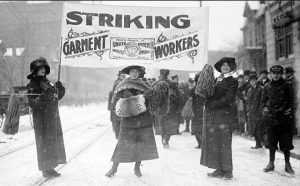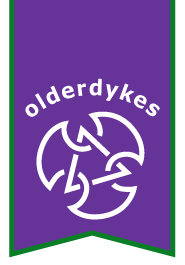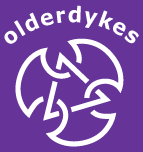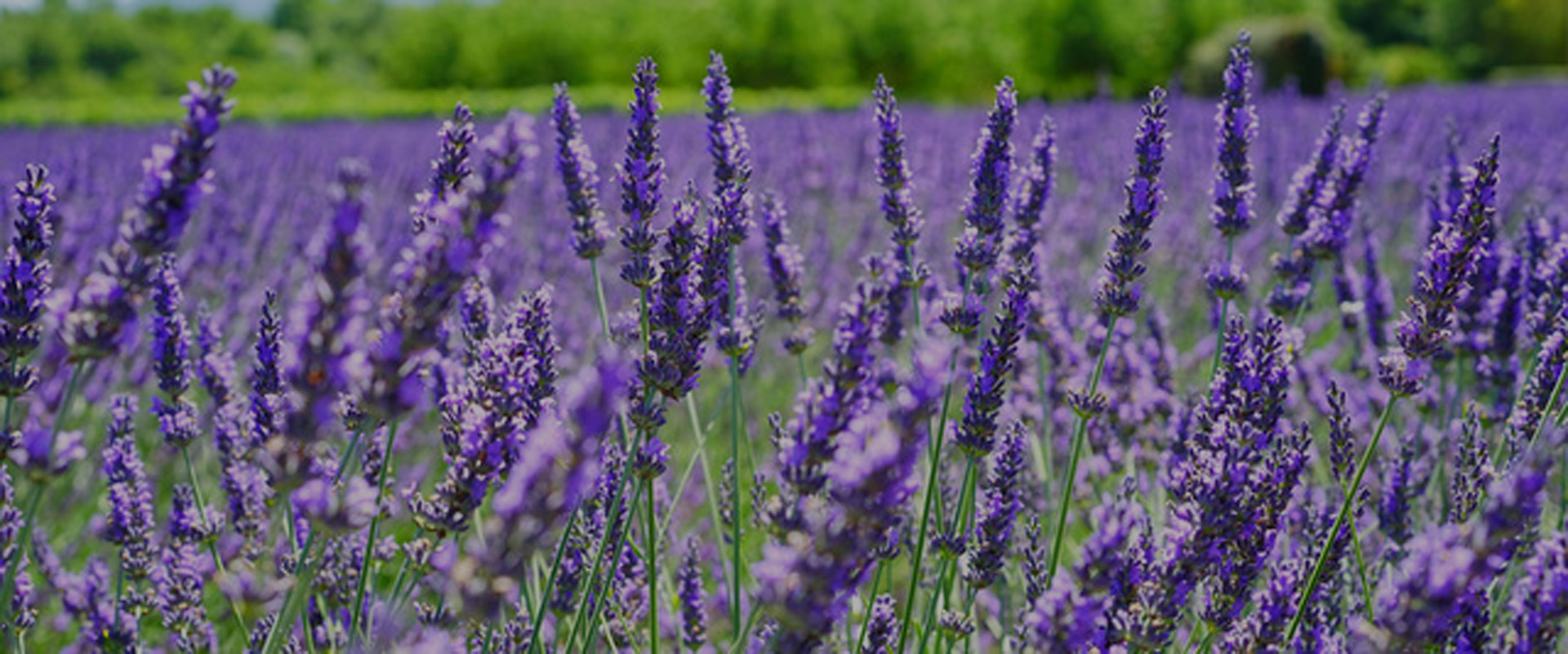
04 Apr Ten Forty Matrix International Women’s Day Lunch 8 March 2023
The first Dinner and Discussion for Older Lesbians of each year is held in February. However this year there was a clash with the many events of World Pride. So we moved the date to March. There was still a clash with the last event of World Pride on Saturday 5 and All about Women on Saturday 11. It was therefore decided to hold a lunch on the actual International Women’s Day of 8 March. Hannibal’s Restaurant in Glebe Point Road, Glebe, was booked, just for our group. Several women were unable to attend due to illness but a good crowd of 27 lesbians enjoyed a terrific feast that was far greater than most of us could eat! Some doggy boxes were taken home.
Following the acknowledgement of country, all present were welcomed and urged to read the handout outlining the history of International Women’s Day. On 28 February 1908 thousands of brave women garment workers in New York went on strike, against very bad working conditions, long hours, and the right to vote. In 1909 International socialist women meeting in Copenhagen, Denmark decided to honour those brave strikers and other working women by calling for 8 March to be International Women’s Day. Marches on this day were organised for 1910 in many cities. This date has continued to be celebrated around the world since then. Since the 1970s Women’s Liberationists have held many marches demanding rights for women, and the date has become a regular celebration and expression of the demands for women’s rights.
After the splendid lunch various women were acknowledged by those present, for their contribution to women’s rights and society. Some of the many women mentioned from personal experience and through history are mentioned below. Some of these acknowledgments are available in longer form in the Ten Forty Matrix Newsletter.
Sylvia Pankhurst. Although she was born into a privileged middle-class family she not only joined with her mother and sisters in the suffrage struggle for women’s right to vote, she set up a women’s organisation in the East End of London known for its poverty and fought for the rights of working women there. She also fought against the First World War which was a hard thing to do at that time. She trained as an artist and painted women at work and provided much of the artwork for the Suffragette movement.
Kim Back (1957-1986) is celebrated as she was a passionate lesbian feminist socialist organiser. I worked alongside her at Liverpool women’s health centre, in the early 80s, she worked collaboratively and contributed greatly to women’s events. She built bridges between people and interpreted concepts, with an embracing and light touch, as well as working hard to bring about positive change. She had a fatal accident on her motorbike. She is missed.
Senator (1981-93) Patricia Jessie Giles, from Western Australia, was one of the founding sisters of Women’s Liberation. She hosted early Women’s Liberation meetings in her home in 1971, and in 1973 was a founding member of Women’s Electoral Lobby WA. She was the first woman to sit on the Trades and Labour Council of WA. I admired and respected her for her organizing and campaigning commitment, skill and energy, her diplomacy, and ability to connect with people.
Juliet Hooper was a mentor and friend and guided the speaker through her masters, and life beyond.
Kay Ford gave the speaker a job after she was made redundant and urged her to have faith in herself.
Madam Marie Curie conducted pioneering research on radioactivity and chemistry. She was the first woman to win a Nobel Prize, the first person to win a Nobel Prize twice, and the only person to win a Nobel Prize in two scientific fields. Her husband, Pierre Curie, was a co-winner of her first Nobel Prize, making them the first-ever married couple to win the Nobel Prize and launching the Curie family legacy of five Nobel Prizes. She was, in 1906, the first woman to become a professor at the University of Paris.
Ruth Bader Ginsberg was born in Brooklyn, New York, in 1933. Her dad was a Jewish immigrant and her mum was born in New York to Polish parents. In 1956, Ginsburg became one of nine women accepted to Harvard Law School, out of a class of about 500. Ginsburg finished top of her class but still did not receive a single job offer after graduation. However, she eventually rose to associate justice of the Supreme Court of the United States from 1993 and was known for her feminism and strength of character.
Joan Bielski an inspirational leader and founder member of WEL. Also a long-term activist in the Women and girls in Education Movement.
Patricia Highsmith, in 1952, bravely wrote ‘The Price of Salt’ (also known as ‘Carol’), a lesbian love story. She also wrote many other books with women characters who were persecuted for being different.
Mary Magdalene who was maligned throughout history, without acknowledgment of her as a single independent woman who later was one of the leaders of the early Christian movement.
Joyce Stevens longtime activist in the Sydney Women’s Liberation movement, historian, communist and energetic activist in other social movements. A woman much admired and a quote from her outlines her driving beliefs; ‘People can be free only in a society where human needs, rather than profits, determine the structures of society,’
Eleanor Marx, a daughter of Karl Marx and a strong independent woman. She was highly intelligent and a leader and active in social movements. She also translated her father’s works.
Faith Bandler was born in 1918 and died in 2015 at the age of 96. A leading campaigner for Aboriginal rights from the 1950s through the 1980s, Faith Bandler was an Australian civil rights activist of South Sea Islander and Scottish-Indian heritage. In her adult life, Faith became best known as the charismatic speaker and broadcaster, who advocated a ‘Yes’ vote in the 1967 referendum, which was overwhelmingly successful, and ended constitutional discrimination against Indigenous peoples. We need her now for the referendum on the Voice to parliament. A quote from her re the referendum for the indigenous people’s right to vote; ‘People in Australia have to register their dogs and cattle, but we don’t know how many Aborigines there are.’ We might add for our next referendum on the Voice; ‘Lobbyist get to talk to politicians with ease, our first people have to have a referendum to have a voice!’
Elizabeth Kenny (20 September 1880 – 30 November 1952) was a self-trained Australian bush nurse who developed an approach to treating polio that was controversial at the time. Her method, promoted internationally while working in Australia, Europe, and the United States, differed from the conventional one of placing affected limbs in plaster casts. Instead, she applied hot compresses, followed by passive movement of the areas to reduce what she called ‘spasm’. Her principles of muscle rehabilitation became the foundation of physical therapy or physiotherapy in such cases.
Ash Barty Professional Australian tennis player Ash Barty inspires legions of fans with her dynamic tennis game, formidable serve and down-to-earth attitude. She was a great cricket player and could have made that her career. She stands proud as an indigenous woman.
Isabel Flick (1928 – 1999) “And I said to this old fella at the ticket box, “I want you to come and fix this…Our money is as good as anyone else’s and we want to sit where we want to sit.”
Isabel Flick was an Australian Aboriginal rights activist, social worker, and teacher. She was recognised as a leader not only of the Aboriginal community of Australia but as a spokesperson for environmental issues in her hometown of Collarenebri, in northwestern New South Wales.
Read more details in the March newsletter
It was the Women’s Liberation Movement in the early 1970’s that revived the idea of taking to the street to celebrate International Women’s Day with demands for a range of women’s rights. The day had not been completely forgotten but was much ignored by the mainstream of society. Celebrations had for some years taken the form of lunches or similar events. From the early 70s and for many years, activists from feminist groups in most cities in Australia, organised the March and often festivities afterward. These marches were large and boisterous and had an impact in the media.
Sadly, for some years now the International Women’s Day marches have been organised by little-known groups and poorly attended. This year the event was organised by various unions in particular by the Maritime Union of Australia – Sydney Branch, Maritime Union of Australia, and other unions. Whilst fitting well with the original concept of the day, it seems they have little idea how to advertise the event or make it a powerful statement.
Following a few speeches at the side of the Town Hall, the small assembly moved the short distance to Hyde Park. The Trades Union Choir provided the best part of the event, followed by some short speeches that were a bit hard to hear. There were groups of women from various unions which was good to see, but no feminist or lesbian banners, and no one I knew except the friends I was with.
Perhaps it would be a good idea to find out who is organising next year and get on their mailing list, or even participate in planning.
Sylvia
THANK THE FEMINISTS Anonymous
(There is a saying Anonymous was a woman, this may well be true)
If you are a woman and …
- You can vote, thank the feminists
- You get paid the same wage as a an doing the same job, thank the feminists
- You went to school beyond compulsory age because it was assumed you would get married or you were not worth the cost to your family, thank the feminists
- You were awarded a degree from university instead of a certificate of completion, thank the feminists
- You can do women’s studies in tertiary education and/or use feminist theories and research in your study, and work
- You can apply for any job not just “women’s work”, thank the feminists
- If you are a lesbian and form an intimate relationship with another woman you can now openly identify as lesbian without being deemed unlawful, your everyday rights are protected in law, thank the feminists
- You can get or give birth control information without going to prison, thank the feminists
- Your doctor, lawyer, minister, judge, car mechanic, bank manager, accountant, mayor, Member of Parliament or Governor is a woman, thank the feminists
- If you are buying a home you will get a mortgage without having a male guarantor, thank the feminists
- You start your own business and get a loan using only your name and credit history, thank the feminists
- You take your child/children to a child care centre or crèche when you work or need one, thank the feminists
- If you are sexually harassed at work there are sexual harassment laws to protect you, thank the feminists
- If your child is abused or molested or stalked – it is a crime – and you can get police, legal and community services intervention, thank the feminists
- If you are on trial and you are allowed to testify in your own defence, thank the feminists
- You have the right to your own salary even if you are partnered or have a male relative, thank the feminists
- You have parental rights of your children following separation and/or divorce, thank the feminists
- You get a choice in the raising and care of your children rather than your partner or husband having complete control, thank the feminists
- You have the right to refuse sex with your partner, thank the feminists
- If your partner is violent to you or your children – this is now unlawful – and the police can charge him, thank the feminists
- If your partner is violent and abusive and you need a safe place of shelter in a Women’s Refuge, thank the feminists
- If you get raped the trial isn’t about your clothes, why you were out at night, or your previous relationships, thank the feminists
- You can breastfeed your baby in a public place and not be excluded or arrested, thank the feminists
- You marry and your rights and identity do not disappear into your husbands rights, and you can keep your own name if you choose, thank the feminists
- You have the right to keep your medical records confidential from others, thank the feminists
- If you play sport or enjoy outdoor activities you can do so without restrictive clothing, thank the feminists
- You can wear pants/slacks/jeans/ without being asked to wear a skirt in church or work, thank the feminists
- You can choose to be a mother or not in your own time and not at the dictates of a husband or partner, thank the feminists
- You can testify in court about crimes or wrongs your husband/partner has committed, thank the feminists
- You can look forward to a possible lifespan of 80+ not dying in your 20s from childbirth, thank the feminists
- You are and can see yourself as a fully adult human being instead of being seen as a minor who needs to be under the control of a man, then- Thank the feminists
Over many years feminists have initiated and/or worked to bring about vast social, legal and material changes-positive things which benefit the whole community!







Sorry, the comment form is closed at this time.